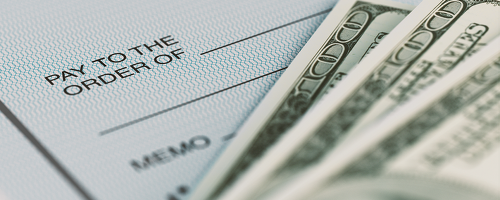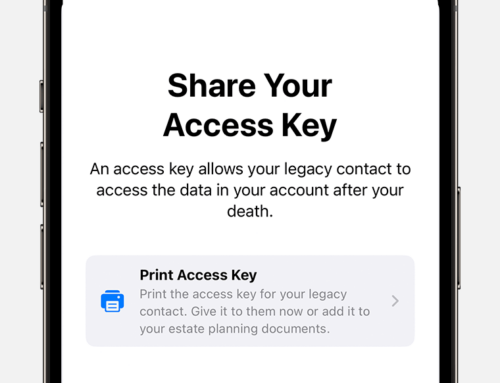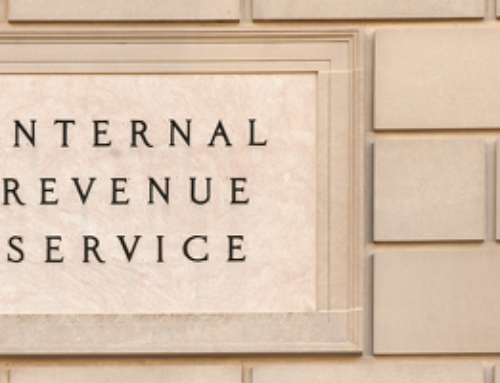If you have not already done so, now is the time to review your tax situation and make an estimated quarterly tax payment using Form 1040-ES. The 2021 4th quarter due date is now here.
Due date: Tuesday, January 18, 2022
You are required to withhold at least 90 percent of your 2021 tax obligation or 100 percent of your 2020 federal tax obligation.* A quick look at your 2020 tax return and a projection of your 2021 tax return can help determine if a payment by Tuesday, January 18, 2022 is necessary. Here are several other things to consider:
Underpayment penalty. If you do not have proper tax withholdings, you could be subject to an underpayment penalty. The penalty can occur if you do not have proper withholdings throughout the year. So a fourth quarter catch-up payment may not help avoid an underpayment penalty if you didn’t pay enough taxes in prior quarters.
Self-employed. Remember to also pay your Social Security and Medicare taxes, not just your income taxes. Creating and funding a savings account for this purpose can help avoid a cash flow hit each quarter when you pay your estimated taxes.
Don’t forget state obligations. With the exception of a few states, you are often required to make estimated state tax payments when required to do so for your federal tax obligations. Consider conducting a review of your state obligations to ensure you meet these quarterly estimated tax payments as well.
Special situations during this COVID tax year. The pandemic makes this fourth quarter estimated tax payment more complicated, especially if the following situations happened to you in 2021:
- Received unemployment. Check to see if either federal or state taxes were withheld from unemployment compensation payments you received. If not, you may need to account for these payments with your fourth quarter estimated tax payment.
- Had unusual business income. If your business was hit by the pandemic, you may find your withholdings were either too much or too little compared to normal. Run a quick projection to make sure you are adequately covered from underpayment penalties.
- Picked up side jobs to make ends meet. These part time gigs often create income without proper tax withholdings.
*If your income is over $150,000 ($75,000 if married filing separate), you must pay 110% of last year’s tax obligation to be safe from an underpayment penalty.







Leave A Comment